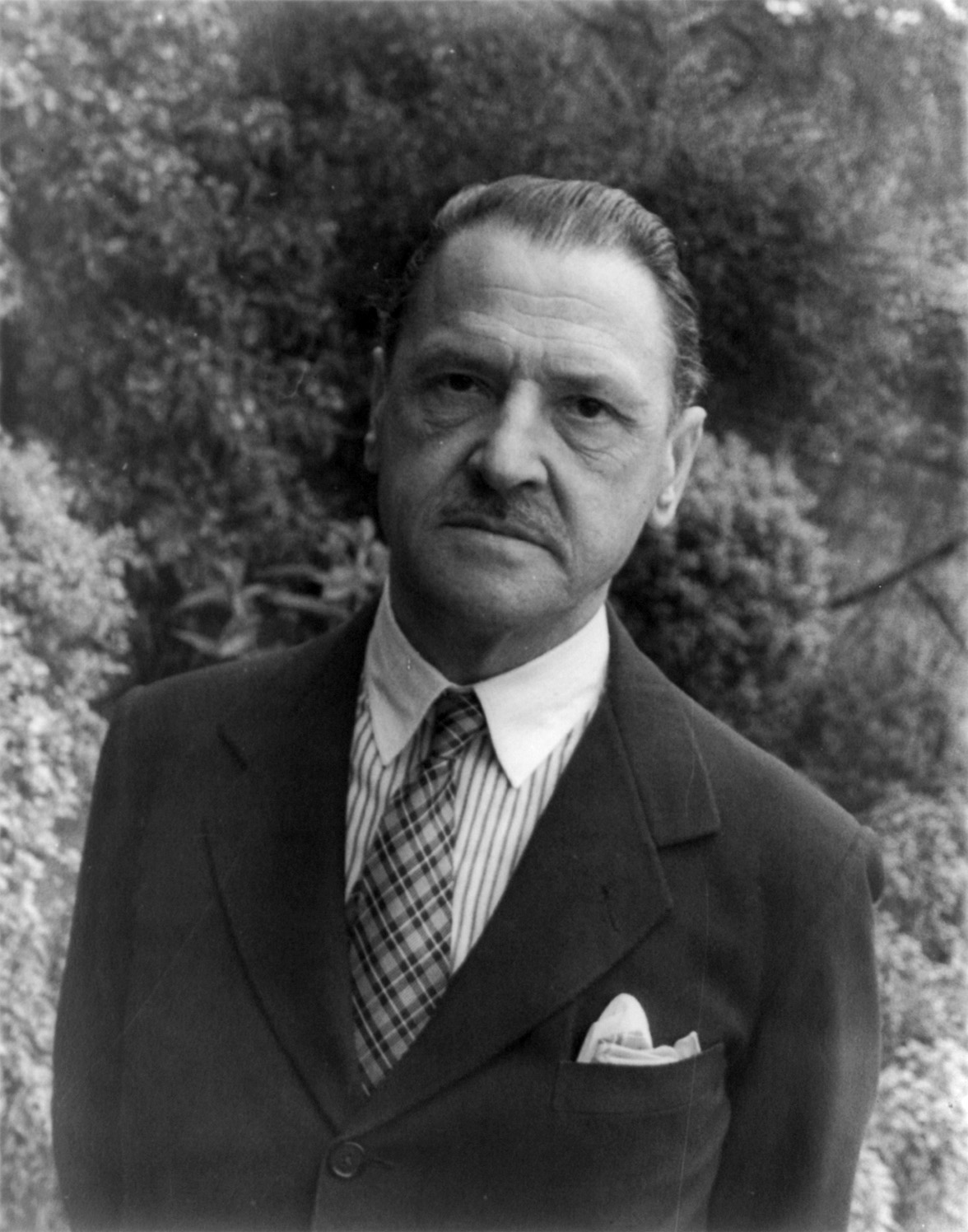William Somerset Maugham híres idézetei
William Somerset Maugham idézetek
William Somerset Maugham: Idézetek angolul
“Self-doubt, which is the artist’s bitterest enemy.”
Forrás: The Moon and Sixpence (1919), Ch. 43, p. 153
“It is cruel to discover one's mediocrity only when it is too late.”
Forrás: Of Human Bondage (1915), Ch. 51
Quoted in Conversations with Willie (1978) by Robin Maugham
"The voice of the turtle", p. 250
Short Stories, Collected short stories 1
"1901", p. 76. Sometimes misquoted as "If fifty million people say a foolish thing, it is still a foolish thing". Sometimes misattributed to Bertrand Russell or Anatole France
A Writer's Notebook (1946)
“The writer of prose can only step aside when the poet passes…”
Forrás: Cakes and Ale: Or, The Skeleton in the Cupboard (1930), p. 184
Forrás: Cakes and Ale: Or, The Skeleton in the Cupboard (1930), p. 15
“Men are always the same. Fear makes them cruel.”
Forrás: The Moon and Sixpence (1919), Ch. 55, p. 204
“Anyone can tell the truth, but only very few of us can make epigrams.”
"1896", p. 17
A Writer's Notebook (1946)
Forrás: The Moon and Sixpence (1919), Ch. 32, p. 116
“Follow your inclinations with due regard to the policeman round the corner.”
Forrás: Of Human Bondage (1915), Ch. 53
“You know, there are two good things in life, freedom of thought and freedom of action.”
Forrás: Of Human Bondage (1915), Ch. 23
"The pool", p. 127
Short Stories, Collected short stories 1
“The trouble with our younger authors is that they are all in the sixties.”
As quoted in "Sayings of the Week" in The Observer (14 October 1951)
Forrás: Cakes and Ale: Or, The Skeleton in the Cupboard (1930), p. 14
Quoted in Somerset Maugham (1980) by Ted Morgan
"Sadie Thompson" in Altogether - Rain (1934)
